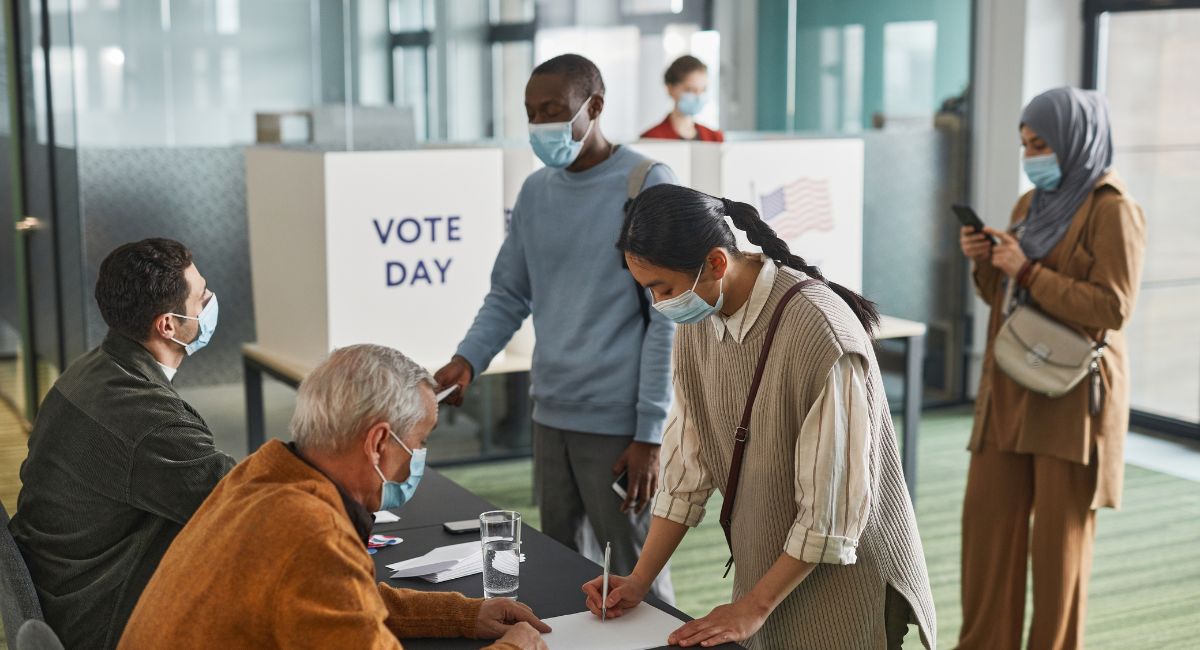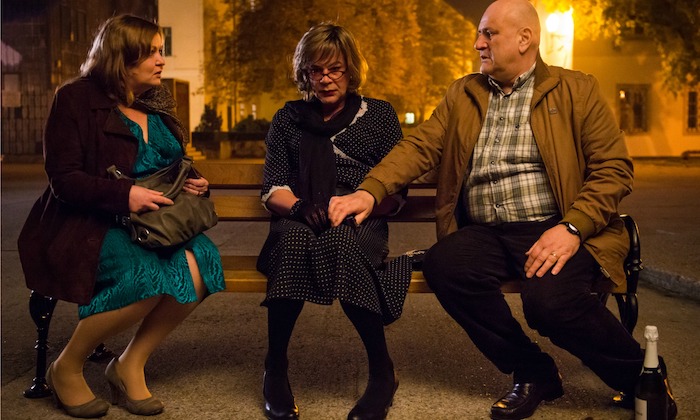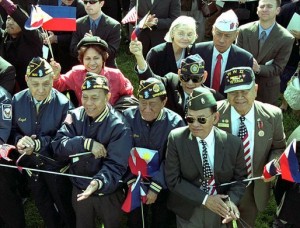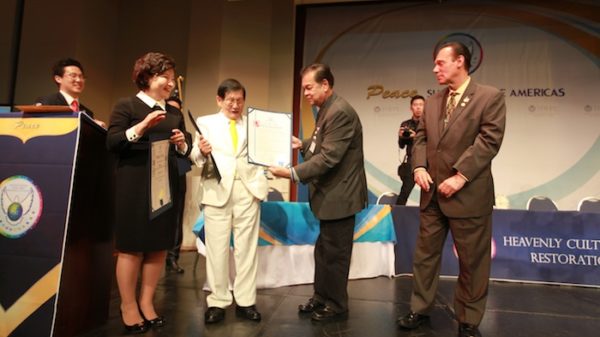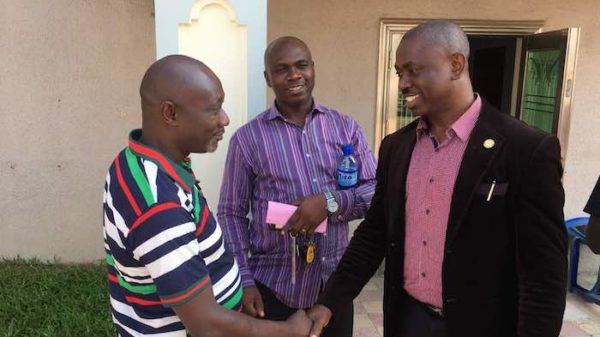The Ethnic Media Services (EMS) recently organized a briefing titled “Voting for Change—Why it Works: Community Advocates Make a Case for Ethnic Votes.” The discussion centered on the challenges faced by ethnic communities, particularly Latinos, African Americans, and Asian Americans, in actively participating in elections. The Pew Research Center and other institutions have identified a trend where voters of color display less consistent participation compared to the white population. This discrepancy is rooted in a belief among eligible voters of color that their votes might not significantly impact their daily lives or bring about positive changes.
A distinguished panel of community leaders and organizers participated in the EMS briefing, shedding light on the transformative power of voting. Notable figures included Ernie Serrano, an Integrated Voter Engagement Organizer with SCOPE in South Los Angeles; Debbie Chen, a community activist and Executive VP with the National OCA, Asian Pacific American Advocates; and Anneshia Hardy, the Executive Director of Alabama Values.
Ernie Serrano shared insights into SCOPE’s role in South Los Angeles, emphasizing its origins in response to the 1992 LA uprising. He highlighted the organization’s commitment to addressing the needs of black and brown communities by focusing on policy education, equitable justice, and grassroots engagement. Serrano illustrated the impact of genuine community connection during a mayoral election in Los Angeles, emphasizing that success is not solely dependent on financial resources but on understanding and engaging with the demographic that needs to be involved.
Debbie Chen discussed OCA’s (Organization of Chinese Americans) role in civic engagement, with a particular emphasis on the census and its significance in determining political representation through redistricting. She stressed the challenge of conveying the census’s importance to the Asian-Pacific American community and advocated for framing the message around how census participation directly influences local investments. Debbie also highlighted the importance of voting as a means of empowerment and dispelled the fear associated with the term “power,” defining it as the ability to influence and get things done.
Debbie drew attention to the rapidly growing Asian-Pacific American community in the greater Houston area, emphasizing its untapped potential in influencing elections. She identified inflammatory language during the COVID-19 pandemic as a mobilizing factor for API voters, leading to increased turnout in the 2020 and 2016 election cycles. Debbie addressed the lower interest in primary elections within ethnic communities, attributing it to a lack of understanding about the electoral process. She stressed the role of ethnic media in bridging this gap by providing information about down-ballot races, local officials, and their impact on communities. Debbie concluded by emphasizing the need for voting education and increasing awareness about the various layers of government.
Anneshia Hardy shared perspectives from Alabama Values, a grassroots communications organization focusing on media advocacy to empower young voters and marginalized communities. Anneshia emphasized the transformative power of voting, stating that it goes beyond choosing a candidate to shape the future of communities. Alabama Values targets Black, Hispanic, and LGBTQ+ voters aged 18 to 35 through public education campaigns, making voting relatable by connecting it to issues like social justice, healthcare, and education—what Anneshia terms “kitchen table issues.”
Anneshia stressed the importance of controlling the narrative and messaging to make communities understand the value of their vote. She discussed the victory in Alabama’s Milligan Redistricting case, citing it as a testament to the power of collective efforts in understanding the connection between the census, redistricting, and voting. While celebrating victories, Anneshia acknowledged challenges such as voter suppression tools and misinformation aimed at confusing and suppressing Black voters in various states.
To address these challenges, Alabama Values engages in storytelling, educational workshops, and digital organizing tools to reach and mobilize voters. Anneshia shared the organization’s efforts, including a micro-influencer Get Out the Vote (GOTV) campaign and the development of a mobile app called Megafone to combat misinformation. Anneshia concluded by emphasizing the role of media in countering misinformation and encouraging a shift in the narrative surrounding marginalized voters. She advocated for recognizing the skepticism of voters rooted in systemic injustices and political failures, urging a more responsive political and media system to build trust. As Anneshia invited collaboration and networking to share experiences and insights, she emphasized the importance of addressing the deeper concerns of voters to engage and empower them in the democratic process truly.
#VotingForChange #CommunityAdvocates #EthnicVotes #TransformativePowerOfVoting #ElectionEngagement #InclusiveDemocracy #GrassrootsEfforts #CivicEmpowerment #EthnicMedia #EmpowerCommunities #VoteWithImpact #PoliticalRepresentation #CensusAwareness #VoterEducation #SocialJusticeInPolitics #CommunityNarratives #PowerInVoting #ElectionOutreach #InformedVoting #DemocracyInAction #BuildingTrust #MediaAdvocacy #PoliticalEmpowerment #ElectionImpact #GetOutTheVote #VotingMatters #InclusiveRepresentation #ElectionAwareness #MediaInfluence #CommunityVoice #ChangeThroughVoting

